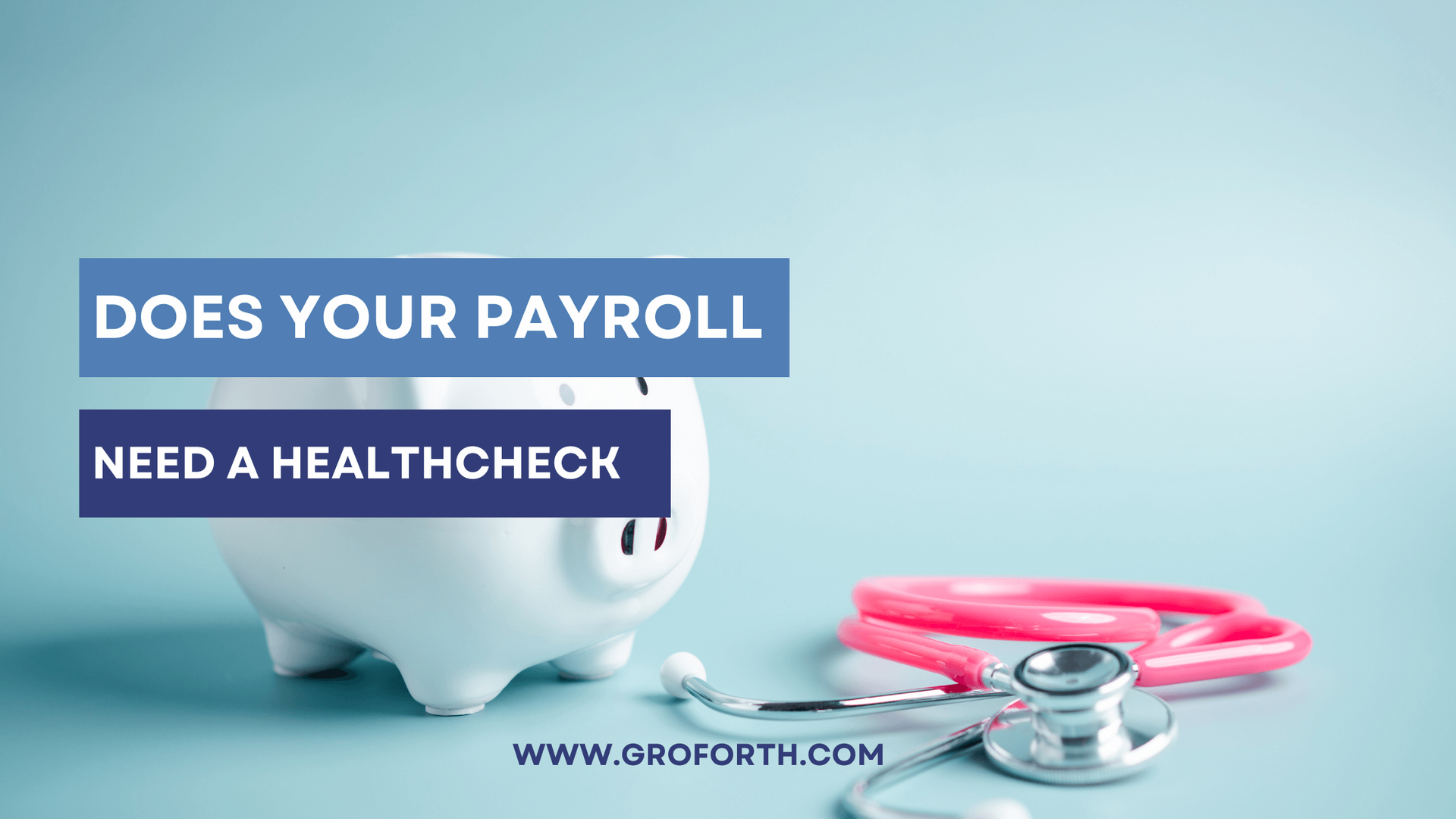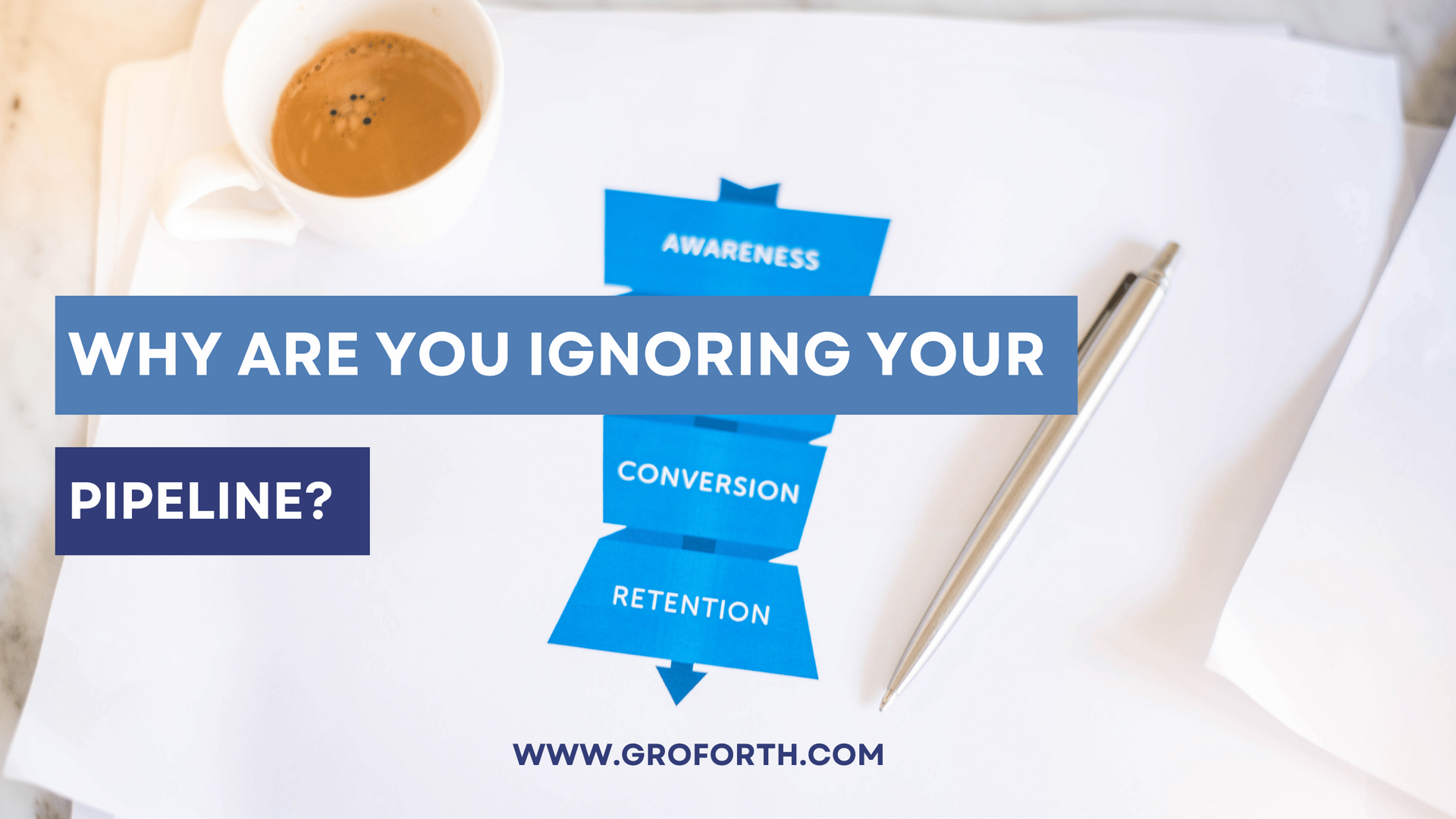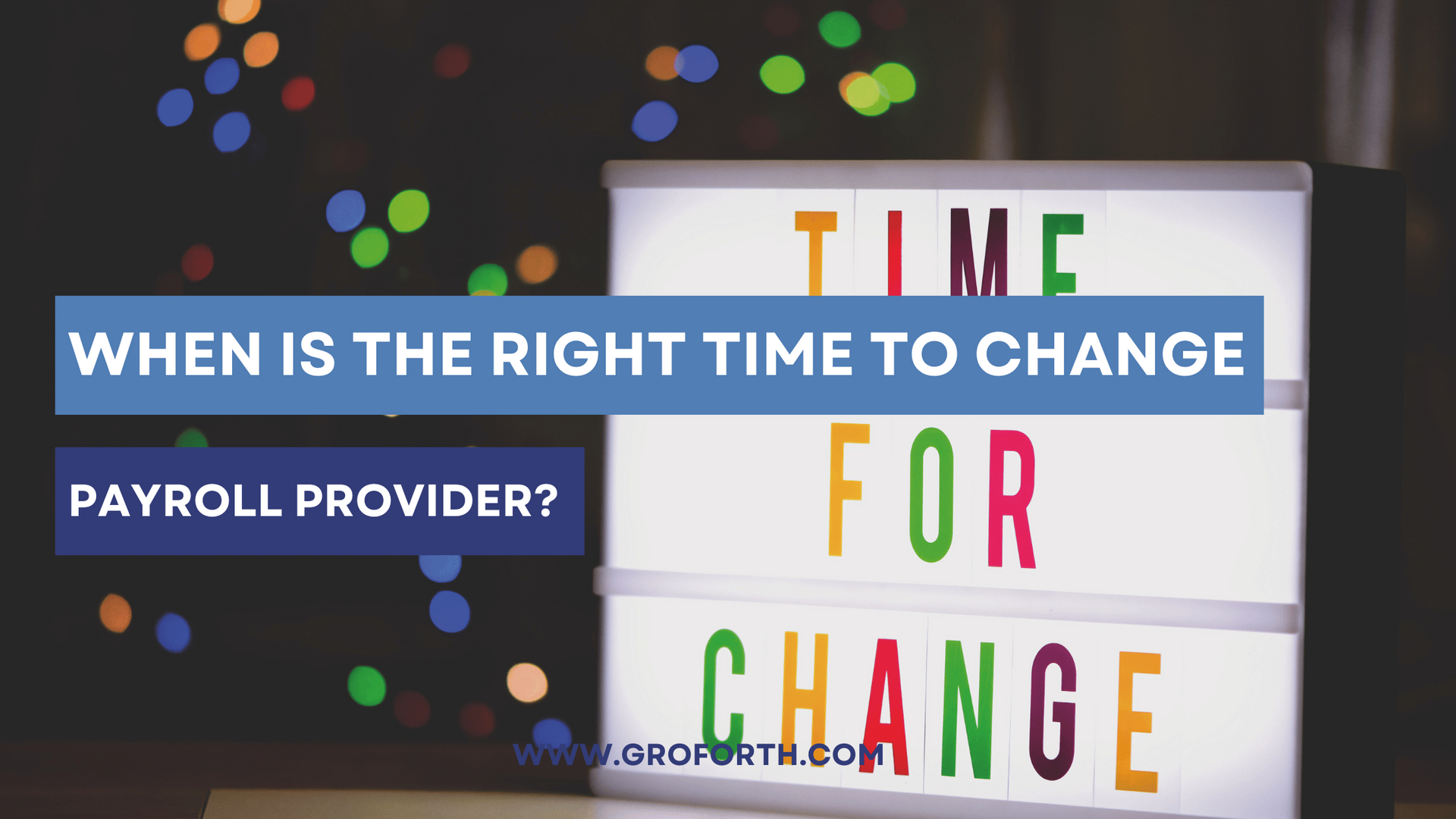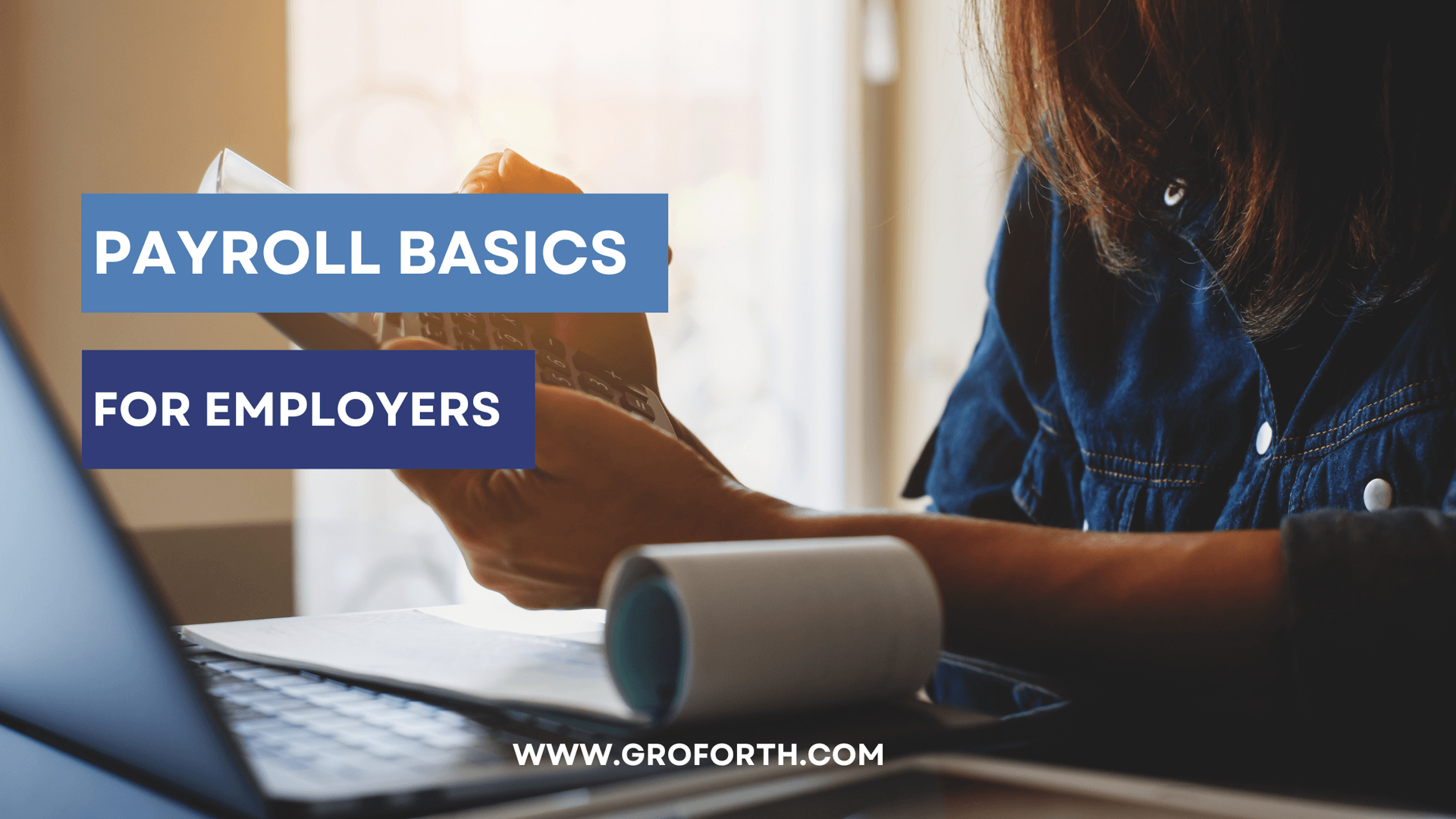Why Your Business Needs a Regular Payroll Health Check

Payroll errors can be very expensive. A good way to avoid errors is conduct regular payroll health checks. In this article, GroForth’s Michelle explains:
• Why your business needs a payroll health check
• Common payroll errors
• What to look at in your payroll health check
• How payroll health checks can help you manage compliance risks
Why your business needs a payroll health check
Your business’s pay bill is usually its biggest cost so payroll errors are therefore a very significant financial risk. We recommend conducting a payroll health check at least once a year to make sure that your employee details are current and correct, that leavers have been removed from your payroll and that your payroll processes are up to date and comply with all relevant tax, employment and data protection legislation.
Payroll errors
Examples of common payroll errors include:
• poor record keeping,
• failing to keep up to date,
• misclassifying employees
• Calculation mistakes.
Most of these errors can be picked up and corrected when you conduct regular payroll health checks.
What to look at in a payroll health check
The purpose of the health check is to confirm that you are processing wages based on up-to-date, accurate information and that any relevant changes to Revenue or employment law are being taken into account. The following are examples of some basic checks to include:
• Check that your list of employees is up to date and correct,
• Check that pay rates and hours are being recorded accurately,
• Verify that the number of payroll runs is correct (for example, if you pay your employees monthly, you should only have 12 payroll runs in the year)
• Review your payroll calculations and remember to check that variable payments such as bonuses or commissions are being calculated correctly
• Check that you are complying with the latest Benefit-in-Kind rules
• Confirm the status of workers (this is particularly important if you have off-payroll workers such as contractors. If in doubt, check Revenue’s Code of Practice on Determining Employment Status),
• Check that you are processing leavers and joiners correctly.
How payroll health checks can help you manage compliance risks
Under the Organisation of Working Time Act, your employees have various rights regarding holidays, maximum working periods and rest times. A payroll health check will help you check that you are complying your obligations under this legislation.
Likewise, under tax legislation, your obligations include informing Revenue every time you pay your employees. You must also provide your employees with a payslip showing their gross wages and details of the various deductions such as Income Tax, PRSI, USC, Local Property Tax, health insurance and pension contributions. If you don’t fulfil these obligations, you leave yourself open to significant fines or penalties.
You also have obligations regarding data privacy and security. This is particularly important as payroll can be a target for cybercrime.
So there are very good reasons to ensure that you set up your payroll correctly in the first place and then conduct regular checks to make sure that your processes stay up to date and continue to comply with your various legal, tax and data protection obligations.
Need help operating your payroll?
Contact GroForth for details of our payroll services.
GroForth Blog










